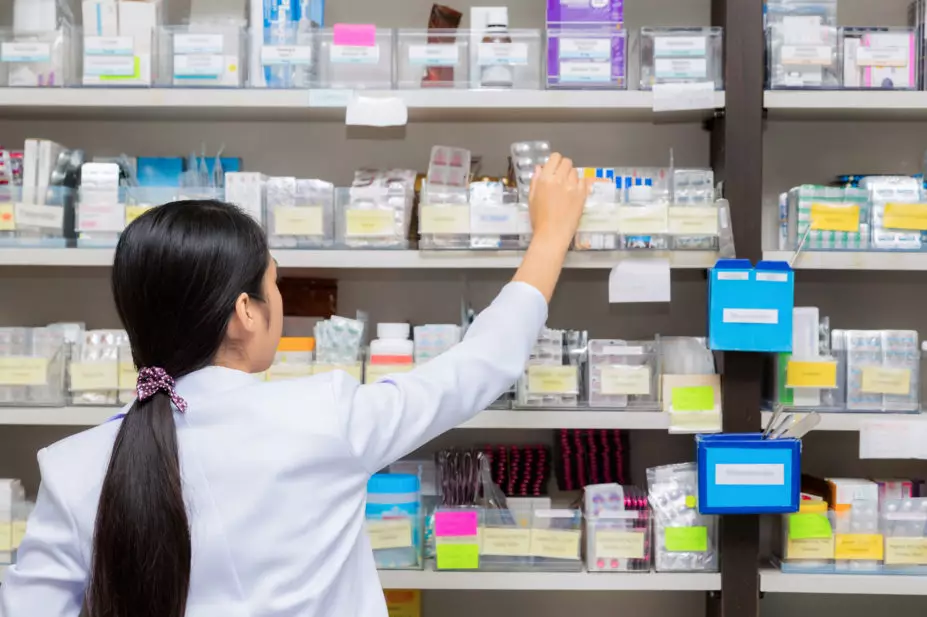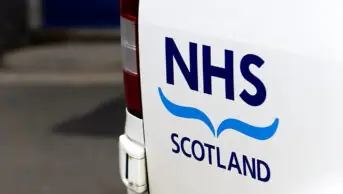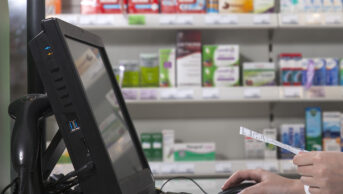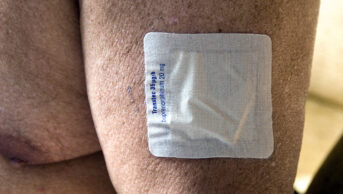
Shutterstock.com
The Scottish Labour Party has pledged to increase pharmacy training places in an effort to relieve pressure on GPs, if elected to form a government on 6 May 2021.
In its National Recovery Plan, published on 22 April 2021 ahead of the Scottish parliament election on 6 May 2021, the party said it would introduce “minimum student intakes” and increase training places for pharmacists to “implement better planning of the multidisciplinary team”.
“This in turn will relieve pressure on GPs, giving them more time with patients,” the manifesto said.
The committment to increase pharmacy training places comes after the Home Office added pharmacists to its shortage occupation list (SOL) in March 2021 (see box).
The manifesto added that Scottish Labour would create an NHS drug procurement board to “increase the public scrutiny and control of the medicines and treatments available” to patients, and would set national priorities for the quality, safety, and value of medicines.
Scottish Labour clarified to The Pharmaceutical Journal that the board would have an overview of all procurement, including the prevention of corruption.
It said that the board would examine patient pathways to improve patient care and population health, drawing upon clinical specialists who support medicines optimisation across Scotland and procurement staff, while working closely with clinical networks, academic health networks, trade unions and others across the Scottish health care system.
The board could additionally have powers to establish manufacturing facilities and secure sustainable supply chains, Scottish Labour added.
This follows similar proposals set out by the Scottish National Party (SNP), which promised to expand medicines manufacturing facilities “where necessary”.
Clare Morrison, director for Scotland at the Royal Pharmaceutical Society (RPS), said: “It is interesting to see this second proposal from a Scottish political party to create a new agency to focus on medicines procurement.”
“RPS Scotland would be keen to understand more about what these proposals are aiming to achieve and to be involved in future discussions about them,” she said.
“Ultimately, we want to see the best care for patients in Scotland. We all recognise the significant issues caused by medicines shortages and achieving best use of NHS resources is always important, so we welcome exploring new ways to achieve these outcomes.”
The SNP would also invest “£250m over the next five years to tackle the drugs death emergency”, its manifesto pledged, and will “remain committed” to the introduction of medically supervised safe drug consumption facilities.
This was echoed by the Scottish Greens, which also pledged in its 2021 manifesto to tackle the nation’s high rate of drug-related deaths by supporting the introduction of safe drug consumption facilities.
Meanwhile, the Scottish Liberal Democrats’ manifesto pledged to “empower pharmacists to do more prescribing, making use of secure health records”.
Community Pharmacy Scotland previously called for the number of funded independent prescriber (IP) training places to be doubled, enabling each pharmacy to have a minimum of one IP.
READ MORE: There is an official shortage of pharmacists – what now?
Is there a shortage of pharmacists in Scotland?
Pharmacists were added to the Home Office’s shortage occupation list (SOL) in March 2021, for the first time since 2011, following reports from stakeholders of a decline in the number of pharmacy graduates and increasing demand for their services.
Recruitment problems in Scotland had led Community Pharmacy Scotland to say, in February 2019, that plans for each GP surgery to have the support of a pharmacist or pharmacy technician, as part of the pharmacotherapy service, may have to be adjusted.
In an update on 2 December 2020, the Scottish government and the British Medical Association said the service will not be fully rolled out to GP practices until 2022–2023.
However, in December 2019 the Scottish government announced the creation of an additional 120 pharmacy preregistration training places over the next three years. And, as of September 2021, independent prescriber training will be given to all pharmacists who complete the NHS Education for Scotland pharmacy foundation training programme.


